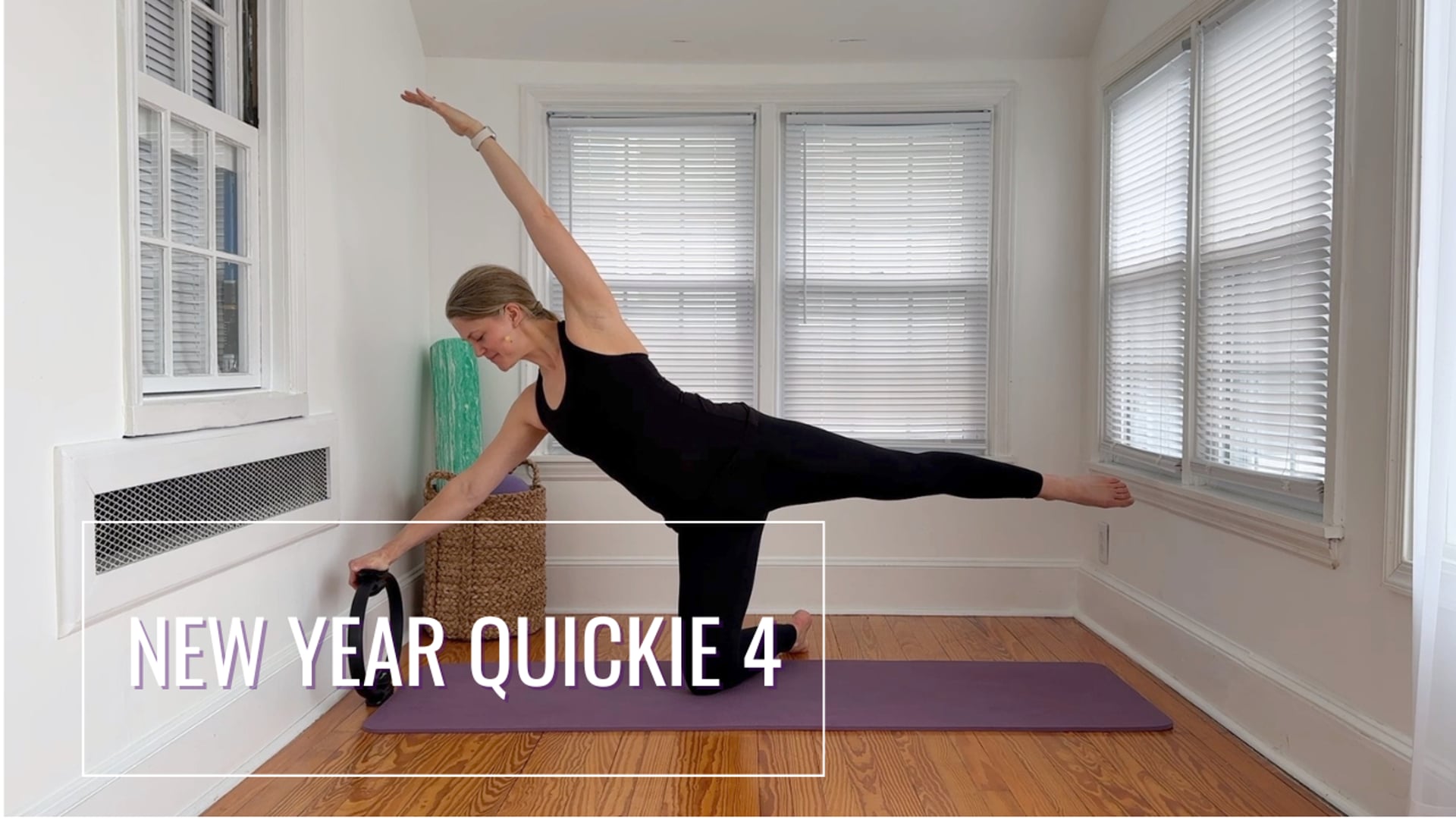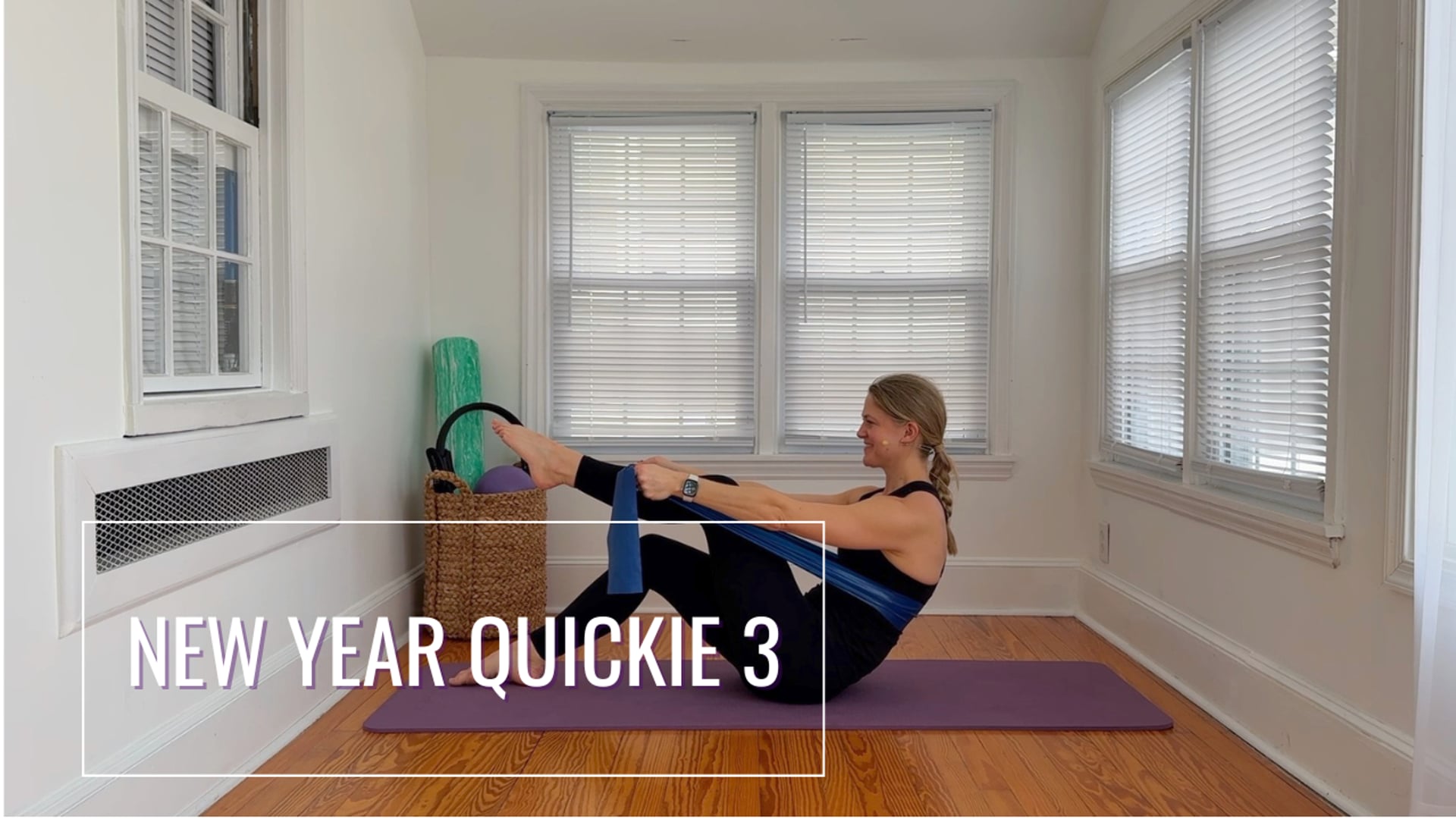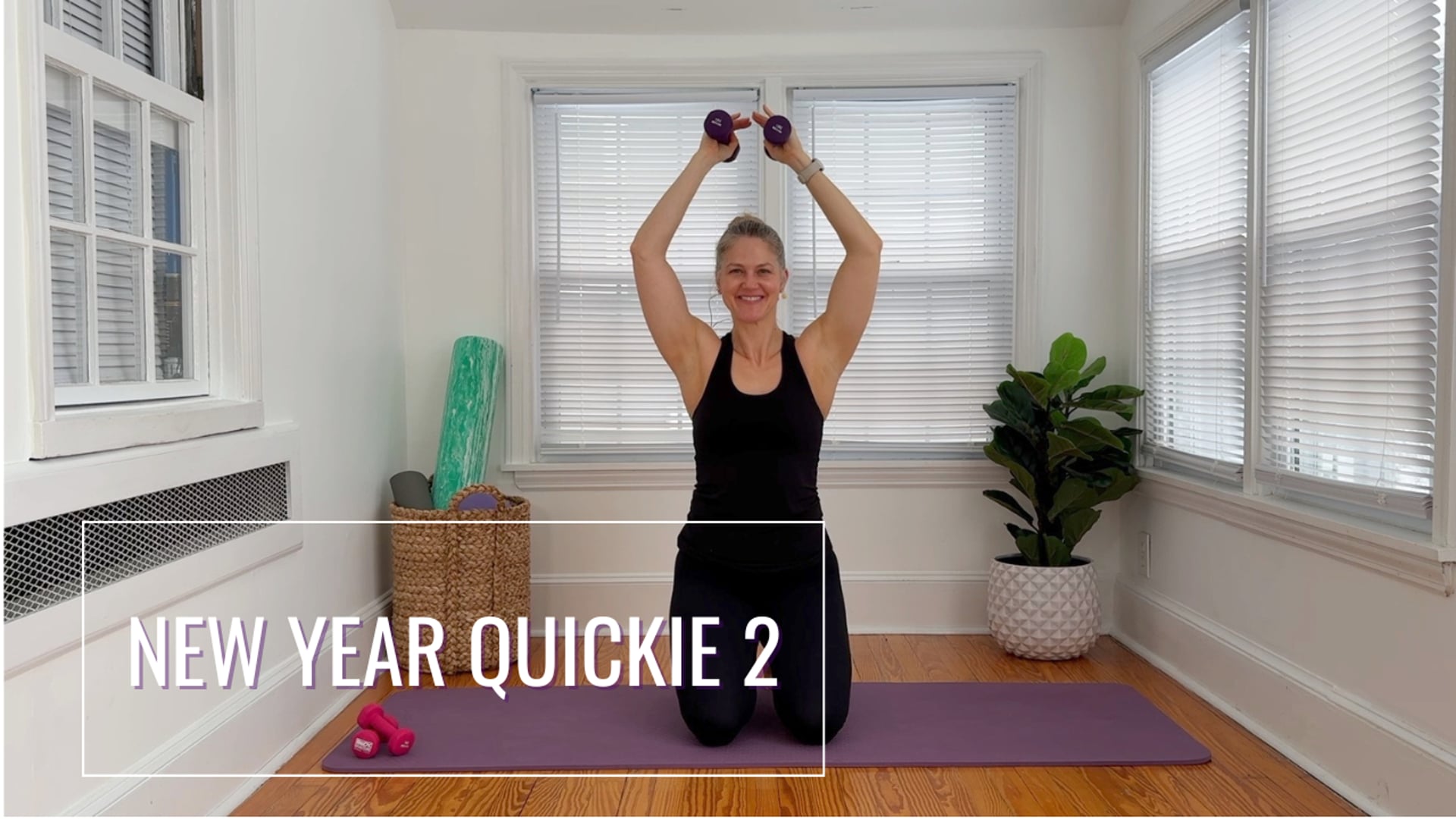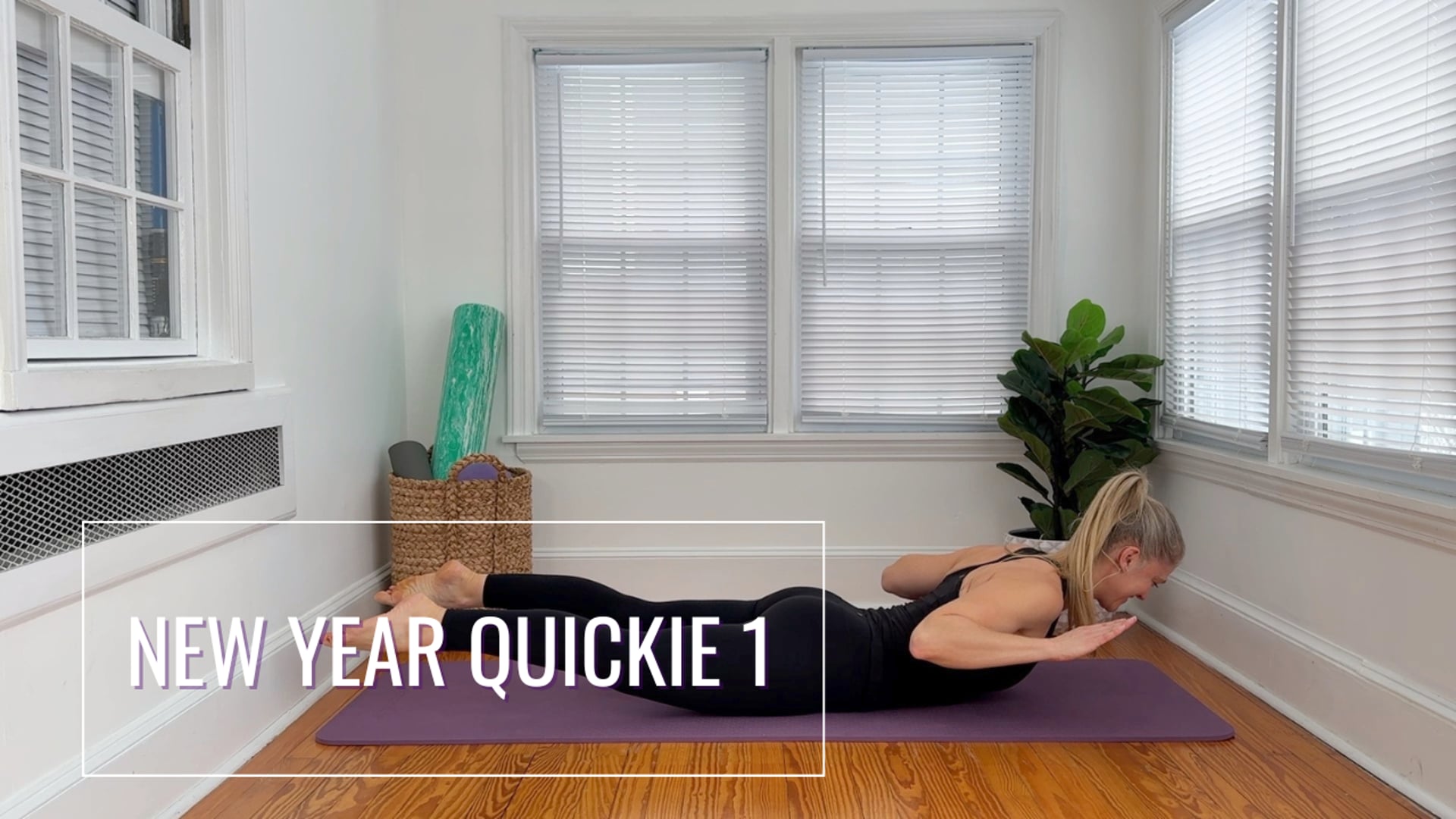Whether moving to a new home, starting a fitness program, or launching a business, facing a monumental task can feel paralyzing. While exciting, the anxiety and overwhelm of these big changes can easily lead to inaction, making the situation even more daunting. As a Pilates instructor specializing in helping women prioritize their health, I’ve seen firsthand how these emotions can derail progress. But the good news is that you can overcome these feelings with the right strategies and take meaningful steps forward. Here are four strategies to help you conquer that paralysis and confidently move towards your goals.
Break It Down Into Smaller Steps
When you’re staring down a big task, it can feel like a mountain that’s impossible to climb. The key is to break it down into smaller, manageable steps. Start by identifying the major components of your task and then break those down into even smaller actions. For example, if you’re starting a fitness program, don’t focus on the long-term goal of “getting in shape.” Instead, start with something as simple as “attend one Pilates class this week” or “take a 10-minute walk each morning.”
This approach does two things: it makes the task feel less overwhelming and gives you a clear roadmap to follow. Plus, each small victory builds momentum, helping to reduce anxiety and boost your confidence as you move forward.
Set Realistic Expectations
It’s easy to set ourselves up for failure by expecting too much too soon. Whether losing weight, building strength, or completing a big project, we often underestimate the time and effort required. This can lead to frustration, stress, and, eventually, paralysis.
Instead, set realistic, achievable goals for yourself. Understand that progress takes time and that moving at your own pace is okay. For example, if you’re opening a business, don’t expect to have everything figured out in a week. Give yourself permission to learn, grow, and make mistakes. Setting realistic expectations reduces the pressure and anxiety, making it easier to keep moving forward.
Practice Mindfulness and Self-Compassion
When anxiety and overwhelm hit, our minds can spiral into negative thinking patterns. We start to doubt ourselves, fear failure, and become our worst critics. Mindfulness and self-compassion are powerful tools to combat these thoughts.
Mindfulness involves staying present in the moment and acknowledging your feelings without judgment. When you feel overwhelmed, take a few deep breaths and ground yourself in the present. Remind yourself that it’s okay to feel this way, which doesn’t define your ability to succeed.
Self-compassion involves treating yourself with the kindness and understanding you would offer a friend. Instead of criticizing yourself for not doing enough, acknowledge your efforts and celebrate your progress, no matter how small. This shift in mindset can help reduce anxiety and build the resilience needed to tackle big tasks.
Build a Support System
You don’t have to go it alone. A support system can make a world of difference when facing monumental tasks. Whether it’s a friend, family member, or professional coach, having someone to lean on can provide the encouragement, accountability, and perspective you need.
For example, if you’re starting a fitness program, consider joining a group class or booking a private instructor. Not only will you benefit from expert guidance, but you’ll also gain the motivation that comes from being part of a community. If you’re launching a business, seek out a mentor or join a networking group to connect with others who understand what you’re going through.
Remember, asking for help is not a sign of weakness. It’s a powerful strategy for overcoming anxiety and staying on track.
As someone currently in the middle of an intentional move, I cannot tell you how helpful these strategies have been. The sheer number of outstanding to-dos I am facing right now should be overwhelming; however, these strategies that I am always telling all of you to practice when it comes to your fitness journey do work outside the health and fitness world. With this move, I am breaking down tasks and checking them off my list, knowing I won’t finish everything in one day or week (and being ok with it). I am leaning on my husband and even my kids to help me when, in the past, I would have taken it all on solo (asking for help does work). When I need a break, I take it. That means this past Saturday, I spent the entire morning reading my book because I needed to escape the reality of my current to-do list and an utterly disorganized house and give myself a break. Taking a break is not a weakness. It allows you to recharge and return, ready to tackle what’s next.
If you are facing a monumental task, let me know if these work. If you have other strategies, please share!






